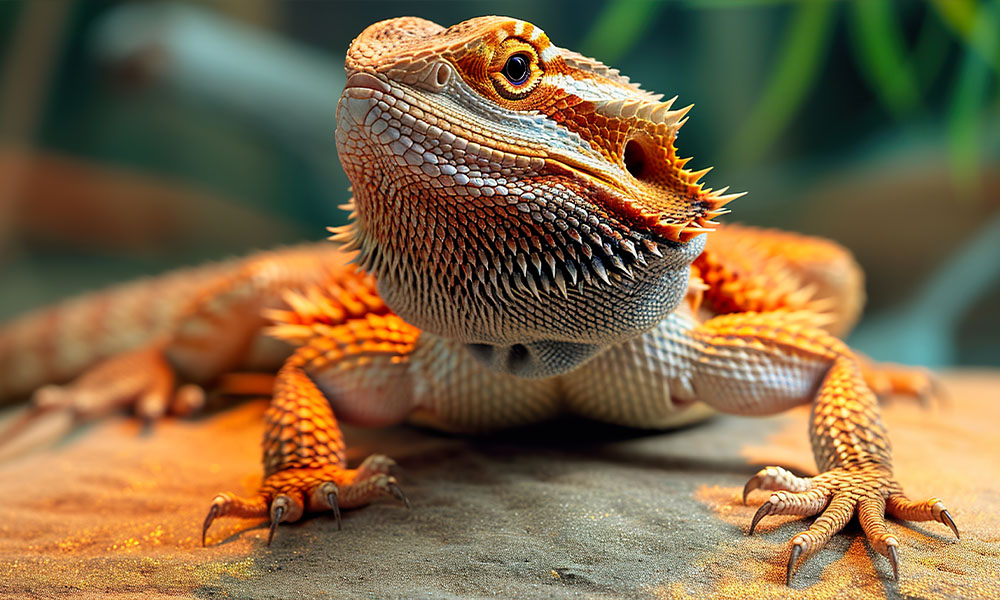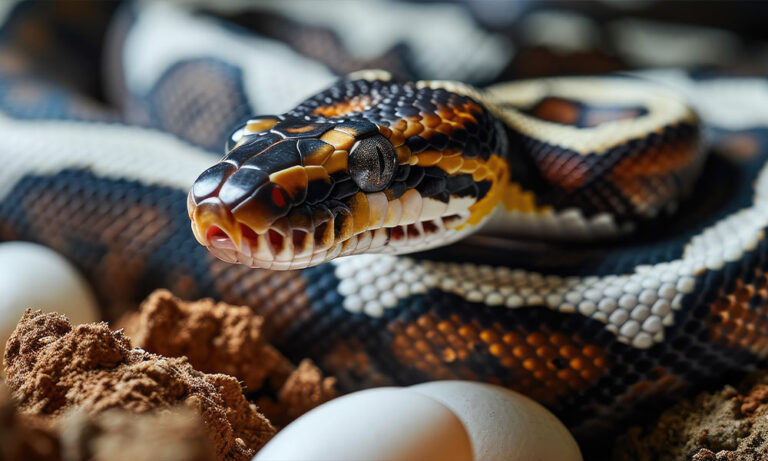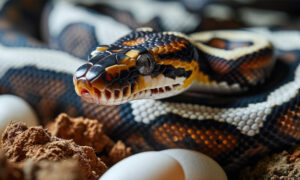When it comes to selecting a reptile as a pet, it’s important to consider factors such as size, lifespan, dietary needs, habitat requirements, and temperament. Some reptiles are more suitable for beginners due to their manageable care requirements, while others may be better suited for experienced reptile enthusiasts. Here’s a list of reptiles that are often recommended as pets, categorized by their suitability for different levels of experience:
For Beginners
- Leopard Gecko (Eublepharis macularius)
- Size: 8-10 inches
- Temperament: Docile, easy to handle
- Care: Simple habitat needs, no special lighting required
- Diet: Insects like crickets and mealworms
- Lifespan: 15-20 years
- Bearded Dragon (Pogona vitticeps)
- Size: 18-24 inches
- Temperament: Friendly, enjoys being handled
- Care: Requires UVB lighting and controlled temperature
- Diet: Omnivorous – eats vegetables and insects
- Lifespan: 10-15 years
- Corn Snake (Pantherophis guttatus)
- Size: 4-5 feet
- Temperament: Docile, easy to handle
- Care: Simple enclosure with a temperature gradient
- Diet: Small rodents
- Lifespan: 15-20 years
For Intermediate Owners
- Crested Gecko (Correlophus ciliatus)
- Size: 8 inches
- Temperament: Docile, can be skittish
- Care: Requires moderate humidity and temperature control
- Diet: Commercial crested gecko diet, fruits, and insects
- Lifespan: 15-20 years
- Blue-Tongue Skink (Tiliqua spp.)
- Size: 18-24 inches
- Temperament: Generally docile, good for handling
- Care: Requires larger enclosure, UVB lighting
- Diet: Omnivorous – a mix of vegetables, fruits, and protein
- Lifespan: 15-20 years
- Russian Tortoise (Agrionemys horsfieldii)
- Size: 8-10 inches
- Temperament: Generally docile
- Care: Needs a spacious enclosure, tolerates a range of temperatures
- Diet: Primarily herbivorous
- Lifespan: 40+ years
For Advanced Owners
- Chameleon (various species, e.g., Panther and Veiled)
- Size: Varies by species
- Temperament: More for observation than handling
- Care: Complex, requires precise humidity and temperature control, UVB lighting
- Diet: Insects
- Lifespan: 5-10 years, depending on species
- Monitor Lizard (various species, e.g., Savannah Monitor)
- Size: Can be over 5 feet, depending on species
- Temperament: Can be tamed but requires space and exercise
- Care: Large enclosure, specific dietary needs
- Diet: Carnivorous, some species are omnivorous
- Lifespan: 10-20 years
General Care Tips:
- Habitat: Each species requires a specific type of habitat. It’s important to research and provide the correct type of enclosure, temperature, humidity, and lighting.
- Diet: Understand the dietary needs of your reptile. Some are carnivorous, others herbivorous, and some omnivorous.
- Handling: Some reptiles tolerate handling better than others. Always handle your reptile gently and respectfully.
- Healthcare: Regular veterinary check-ups are important, especially for exotic pets like reptiles.
- Commitment: Consider the lifespan and long-term commitment required for each species.
Before choosing a reptile, thoroughly research its specific care requirements. The best pet is one that fits well with your lifestyle, experience, and ability to meet its care needs over its entire lifespan.










